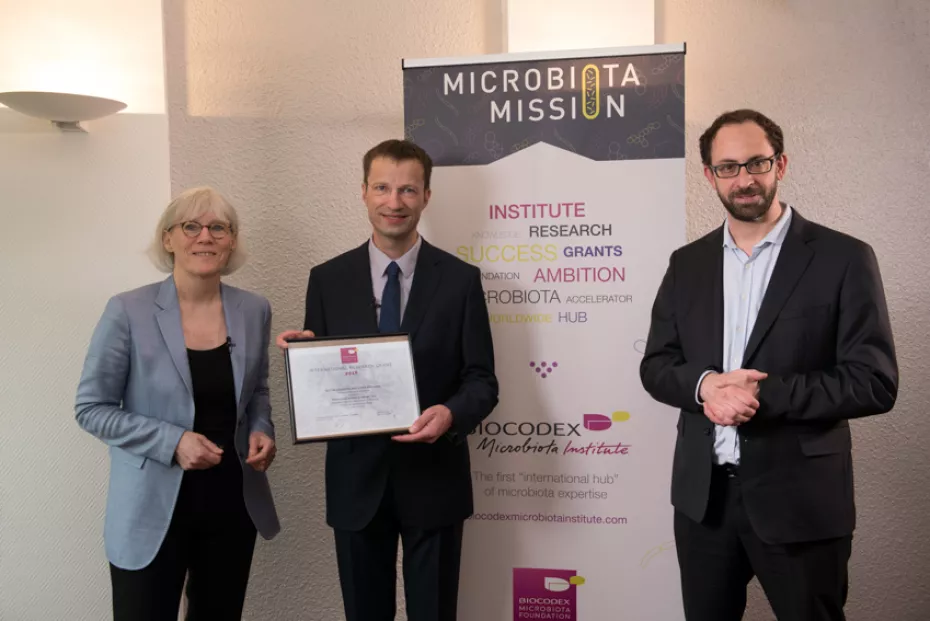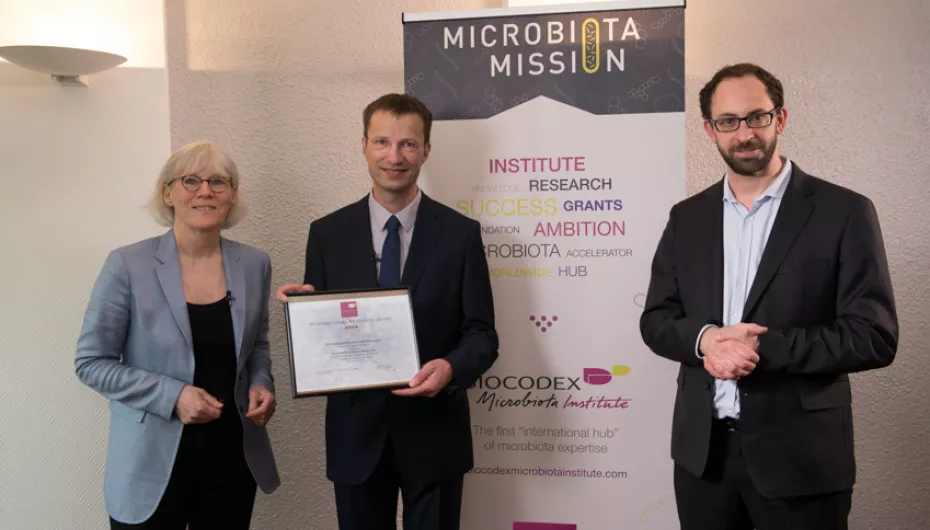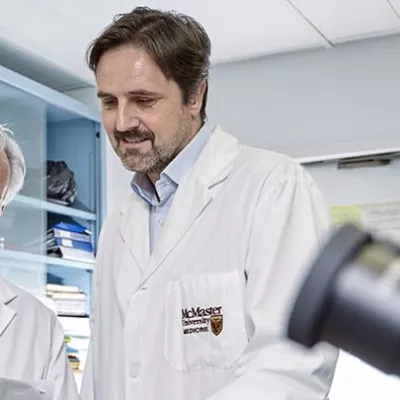
Project description
For the call for project 2018, the scientific committee has chosen to focus on the liver. The liver is a major organ at the interface between the gut and the whole human body. Beyond the gut itself, the liver is the first gate for the entry of microbiota derived products in the circulation, reaching then all other organs with potential beneficial or detrimental effects.
All types of liver related disease research can be proposed such as cirrhosis, primary sclerosing cholangitis, viral hepatitis, alcoholic liver disease and non-alcoholic fatty liver disease notably.
Alcoholic liver disease is a major medical burden in industrialized countries, and alcoholic hepatitis has a high mortality despite optimal medical management.
Gut-derived bacteria are necessary for progression of alcoholic hepatitis, but how changes in the intestinal microbiome contribute to alcoholic hepatitis is poorly understood.
We will use a precision medicine approach targeting specific bacteria in the gut microbiota to improve disease in a humanized mouse model of alcoholic hepatitis. Eventually this approach will lead to new therapeutics for patients with alcoholic hepatitis.


Bernd Schnabl answering Pr. Sokol
Gut Microbiota International Grant's winning projects

Microbiota-dependent regulation of bile acids in control of metabolic homeostasis (acronym: MRBM)

Functional microbiota dysbiosis induces visceral pain: role of maternal milk on microbiota implantation under stress condition


Bifidobacterium-derived peptides to fortify the intestinal mucosa in early life


Linking the early life resistome and microbiome maturation


Randomized controlled trial evaluating the effect of transplantation of fecal microbiota in children with autism spectrum disorders and gastrointestinal symptoms


Clostridium difficile-induced post-infectious Irritable Bowel Syndrome: Study of the mechanisms and treatments


Targeting gut microbial drug metabolism to enhance the treatment of Parkinson’s disease

